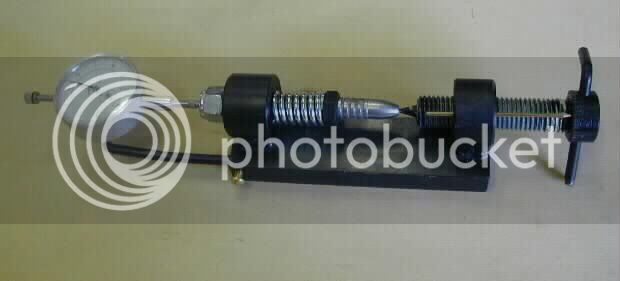Ray-Vigo
Yankee
Earlier this spring I bought some small lead bars from a vendor at an NSSA meet. Foolishly I forgot to ask whether the led bars were suitable for a rifled barrel. The vendor did tell me the lead was "very soft".
Is there some way of telling, at least using the usual "at home" tools just how soft a lead bar is, and whether it is suitable only for a musket, or for a rifle?
I plan on starting to cast this summer, after many months of putting it off. I'm going bankrupt on commercial rifle and musket balls for my flintlocks. I'd like to cast some of both, as needed. If I have to, I can just cast for the musket, but would rather kill all the birds with one bar.
Is there some way of telling, at least using the usual "at home" tools just how soft a lead bar is, and whether it is suitable only for a musket, or for a rifle?
I plan on starting to cast this summer, after many months of putting it off. I'm going bankrupt on commercial rifle and musket balls for my flintlocks. I'd like to cast some of both, as needed. If I have to, I can just cast for the musket, but would rather kill all the birds with one bar.






